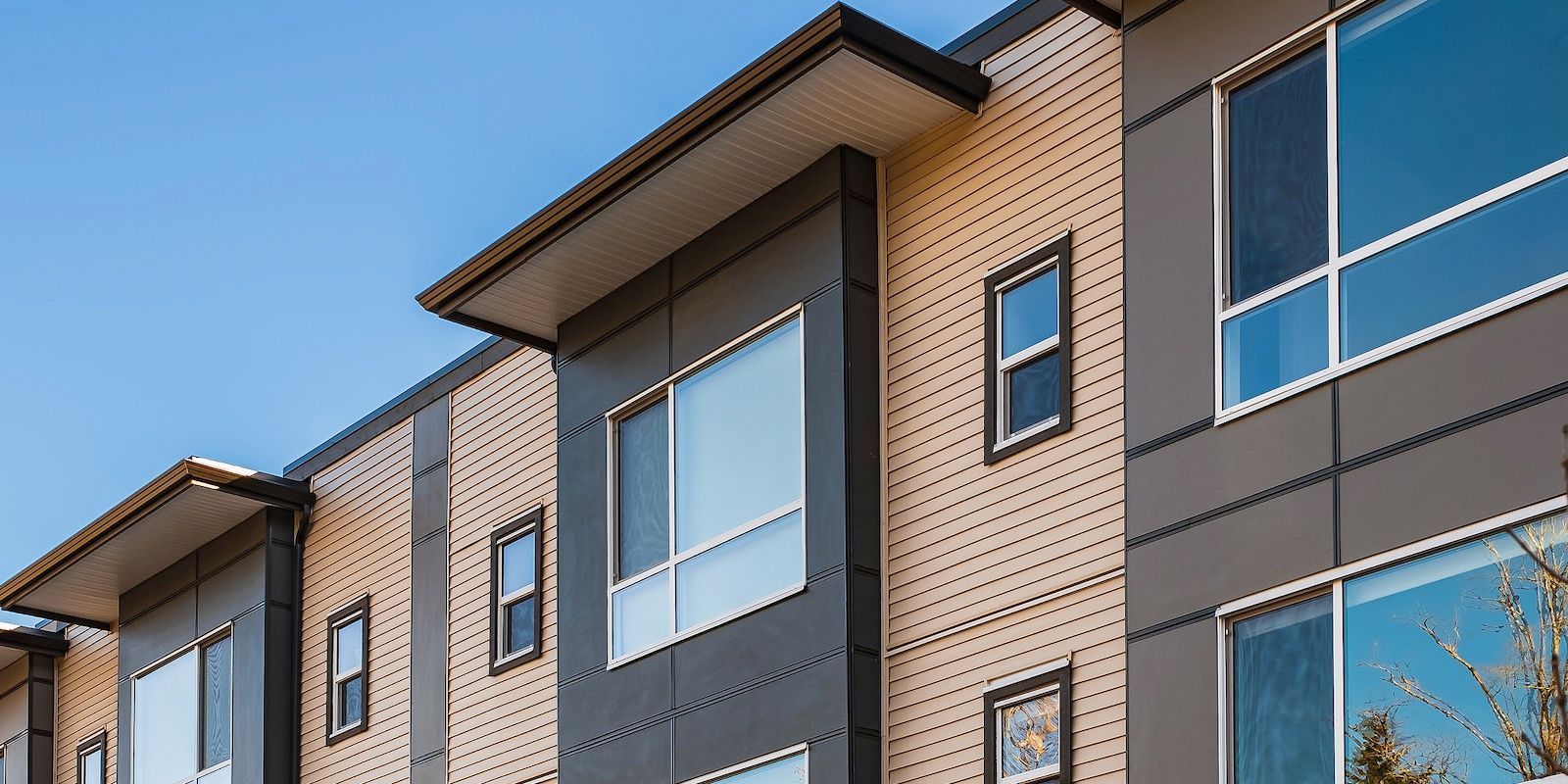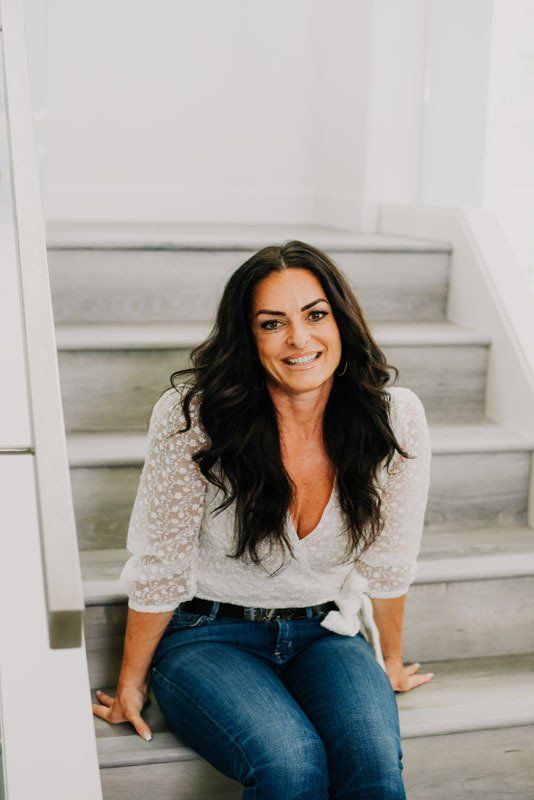5 Things to Help You Survive Your 40s & 50s
You know those days where everything goes wrong and you’re so tired you don’t know what direction’s up? They’re a lot more manageable when you know what you’re working towards.
Here’s 5 things that’ll help you survive—and make the most of!—your 40s and 50s.
1. Do work you enjoy.
Brace yourself for the motivational platitudes… Life’s too short to do work you don’t enjoy. You’re never too old to start something new. It’s not too late!
They’re cliches for a reason.
We spend too many hours working and commuting to be in a career that gives us the Sunday night dreads. Doing work we enjoy gives us the sense of purpose and energy we need to juggle our way through these years. And man, do we need all the energy we can get…
This doesn’t mean you have to storm into your boss’s office yelling, “I QUIT” so you can start a surf school in Hawaii (Although, go for it!). Maybe you do need a whole new career, but perhaps you just need a new position within your company, or to tweak the one your have so you’re working on different projects.
Bottom line, a more enjoyable career might be easier to get than you think. And it’s so worth it.
2. Have extra cash on hand for emergencies.
Between your kids, your parents, your home, and even your pets (have you seen vet bills these days?!) someone’s bound to need something.
Having cash on hand means you’ll be able to cover these surprise expenses stress-free. So the next time Fido needs an emergency run to the vet to get who-knows-what removed from his paw, your won’t have to rely on credit or give up your weekly brunches to cover it.
The general rule of thumb is to have three to six months worth of cash on hand in an emergency fund. In these years make it closer to six months worth, just to be safe.
3. Take care of your health.
What’s that got to do with money, you ask? Everything.
We all know neglecting your health now can lead to big medical bills down the line, but that’s not really the point. Staying healthy means you can make the most of your time, and time is the most precious thing we have. What good is time off if you’re not healthy enough to enjoy it?
We’re not saying you should stop buying cookies and sign up for a triathlon, just a couple healthy habits can go a long way. Maybe that’s walking your kids to practice instead of driving, having healthier lunches at work, joining a hockey league with your friends… whatever works for your lifestyle.
4. Know what you’re working towards.
No, “retirement” doesn’t count. Get specific! How do you want to spend your time? What do you truly value? What makes you happy?
Spend more on that and less on everything else.
If you’re a homebody or someone who loves to entertain, it makes sense to put money towards renovations or a bigger house. But if you’re a travel junkie who sees wine tastings across Europe in their future, maybe you need to downsize and put those dollars towards your Italy fund.
Let go of what you think you should be spending on and working towards, and get clear on what you actually want.
5. Make a plan for your money.
Once you know what matters to you and what you’re working towards it’s a whole lot easier to make a plan for your money.
You can estimate what that new house or wine tour will cost and save for it accordingly. You’ll know how much you’ve got leftover to spend today and you’ll know what spending will make you happy, and what won’t.
The daily grind becomes a lot more manageable once you know you’re investing in the life you want.
This article was written by Randy Cass, CEO, Founder, and Portfolio Manager at Nest Wealth. This article originally appeared on the Nest Wealth blog on May 26th, 2017.
Recent Posts



Contact Me Anytime!
The best way to get ahold of me is to submit through the contact form below. However feel free to give me a shout on the phone as well.
Contact Us
We will get back to you as soon as possible.
Please try again later.
Luisa Hough. All Rights Reserved Privacy and Content Notice





